New hope of home for the Nanning bears
11 August 2016

Life has changed beyond belief for over a hundred bears on a bile farm in Nanning China but now these bears finally look set for their “forever home” in Chengdu.
When Animals Asia took over the farm in April 2014 the aim was to turn the site into a small sanctuary, moving the sickest bears back to Chengdu. The first task was to assess the bears’ condition and systematically start addressing their needs including freeing them from pain.
Since then over 80 bears have been health checked or undergone surgery. At the same time the Animals Asia team developed a wide-ranging “enrichment” plan to help the bears cope with their confined environment. This includes toys, pools to cool down in and vast amounts of fruit popsicles. They enjoy nutritious meals twice a day which has meant an incredible improvement to their body condition.
Meanwhile yard by yard, cage by cage, all areas have been cleaned with pressure washers, and cubs like Smudge - the last cub born on the farm - have begun to be integrated with other bears to provide companionship.
But while this was happening, wider planning hit repeated obstacles. With bear bile farming continuing to be such a sensitive issue in China - permits to move 30 of the bears to Animals Asia’s Chengdu sanctuary faced delay after delay as negotiations stalled.
Without these bears being transferred there was not enough room to develop the rest of the site for sanctuary use.
Meanwhile late last year it was made known to Animals Asia that the entire site had been sold to developers. The negotiations further complicating the process of securing a future for these incredible bears.
It was decided by Animals Asia that it would change tactics and rather than aiming to change a farm into a sanctuary they would instead bring these bears “home” to its Chengdu sanctuary.
Now, with all parties poised - it’s expected that commercial building work will start this summer on the Nanning site and the bears will finally start their evacuation. To reach this point has taken many hundreds of hours of negotiations as well as huge expense for the NGO.
With 123 bears set to be moved it will require a series of trips of over 1,200 kilometres - another massive undertaking.

Animals Asia founder and CEO Jill Robinson said:
“We’ve learned not to expect anything so the word now is ‘hope’ - with everything we know and with all the time we have put in, we now dare to hope that the bears are finally about to come home.
“If Animals Asia stands for one thing then it’s commitment to animals and while frustration grew, what kept us going was precisely that - commitment to these bears. We could never turn our backs on them. Not when we first had the chance to take care of them - not since - and certainly not now. We’ll get them home.
“What has happened in the meantime is remarkable. When we first walked into what was then a bear farm all we could hear was moaning. It was dark, it stank and the bears were dying a slow death - as bears on farms do.
“They didn’t even have enough water to drink. We had to install a new water tank and pumps just to cure their thirst and it made the world of difference. Thanks to all the work done and thanks to incredible support from across the world, we are managing the bears needs both physical and psychological. They are bears enjoying a proper diet who now gleefully play with their toys.
“While of course this has been the time of their lives - because they’ve never known better - we’ve always wanted to give them more. We want to take them home. We want to get them out in the sunshine and free them from their dark lives on the farm.”
Animals Asia is tentatively waiting on the go-ahead to move the bears. Knowing as ever that negotiations can stretch but also knowing that with the developers being keen to move there is now a financial incentive to hand over the bears.
Jill added:
“The pressures of Nanning - in terms of time, people and much-needed funding could have broken us. But we’re stronger and we’ve never felt more committed and compelled, not just to get these bears home but to also end bear bile farming. We know that millions - inside and outside of China are with us.”

BACK
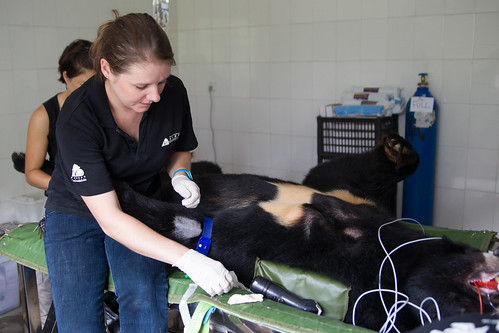
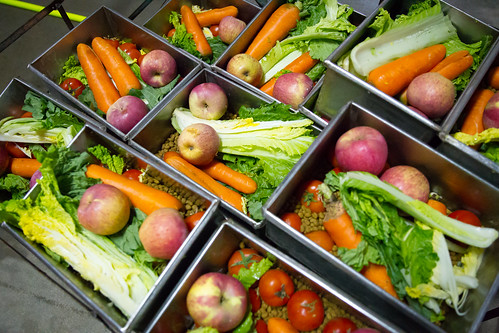
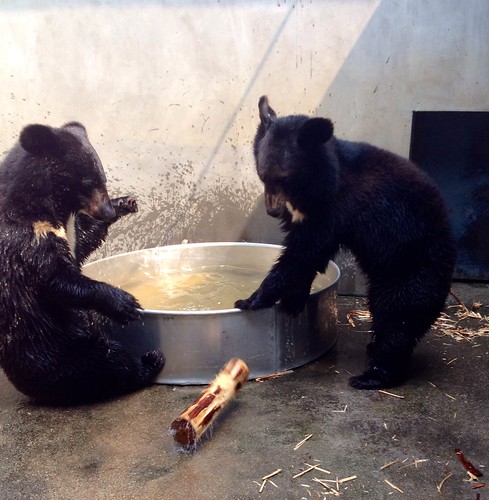
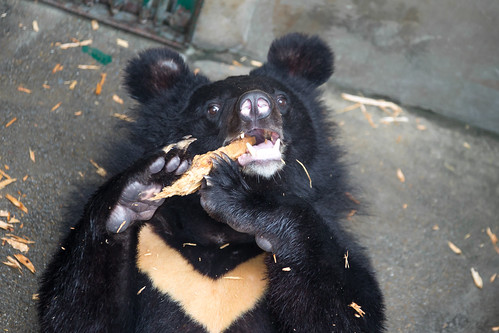
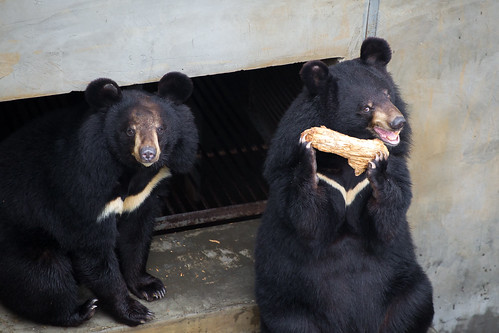
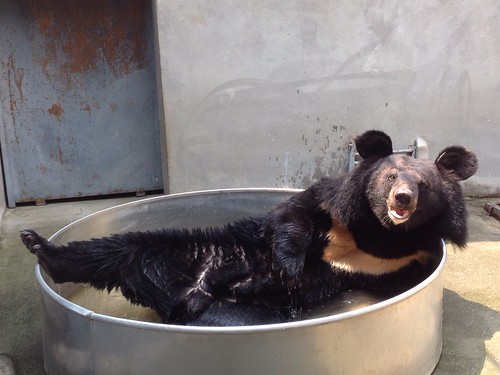




 5 reasons the dog meat trade must end
5 reasons the dog meat trade must end
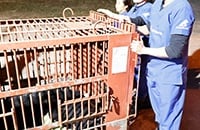 New year, new home for Christmas the Bear!
New year, new home for Christmas the Bear!
 Veterinary welfare training – pain management
Veterinary welfare training – pain management